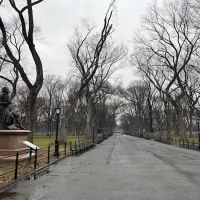Olmsted Flower Bed Introduce
For New Yorkers seeking a moment of natural beauty and tranquility amidst the urban hustle, the Olmsted Flower Bed in Central Park offers a delightful escape. While its address, Center Dr. & East Dr, New York, NY 10019, places it squarely within the vast expanse of Central Park, this specific "garden" is not a grand, enclosed botanical garden but rather a beautifully maintained, vibrant horticultural display that pays homage to the park's original visionaries.
The Olmsted Flower Bed is named in honor of Frederick Law Olmsted, one of the principal designers of Central Park, whose genius shaped the park's harmonious blend of natural landscapes and cultivated beauty. It's a testament to the Central Park Conservancy's ongoing efforts to preserve and enhance the park's original design intent. This particular flower bed is meticulously planted and cared for, offering a changing tapestry of colors and textures throughout the seasons. From cheerful spring blooms to vibrant summer displays and the rich hues of autumn, the bed is a dynamic showcase of botanical artistry.
This "garden" serves as a small but impactful reminder of the careful planning and dedication that went into creating Central Park. It's a place where locals can pause during a walk, enjoy the sensory delights of fresh blooms, and appreciate the subtle yet profound beauty that a well-designed garden can bring to an urban environment. Even in winter, as one reviewer noted, the bed offers "some light outdoor activities" and structural beauty, demonstrating its year-round appeal as a pocket of natural charm within the city.
The Olmsted Flower Bed is conveniently located within the picturesque landscape of Central Park, making it easily accessible for New Yorkers. Its general vicinity can be described as being on the East Side of the park, around the 72nd Street area, specifically near the intersection of Center Drive and East Drive. The provided address, Center Dr. & East Dr, New York, NY 10019, accurately pins it within this central-eastern portion of Central Park.
This location places the flower bed in a relatively open and well-trafficked part of the park, making it easy to integrate into a longer stroll or a dedicated visit. It's close to other popular Central Park landmarks, such as the Bethesda Terrace and Fountain, The Mall and Literary Walk, and The Lake, allowing visitors to combine their exploration of the flower bed with other park highlights.
Accessibility to the Olmsted Flower Bed via public transportation is excellent for city residents:
- Subway: The nearest subway stations are:
- 6 Line: The 68th Street–Hunter College or 77th Street stations on Lexington Avenue are within a reasonable walking distance (approximately 10-15 minutes) from the East Side entrances of Central Park. From there, you'd walk west into the park to reach the flower bed.
- N, R, W, Q Lines: The 59th Street–Columbus Circle or 5th Avenue–59th Street stations are a bit further south but offer an iconic walk through the park to reach the 72nd Street area.
- B, C Lines: The 72nd Street station on Central Park West provides convenient access to the park's west side. From there, a pleasant cross-park walk across the 72nd Street Cross Drive or around The Lake will lead you to the East Drive area where the flower bed is located.
- Bus: Numerous bus lines run along Fifth Avenue and Madison Avenue (M1, M2, M3, M4), and cross-town on 72nd Street (M72), providing direct stops very close to the park entrances that lead to the Olmsted Flower Bed.
Once inside Central Park, the flower bed is situated along well-maintained pedestrian paths, making it easily accessible by foot. Its prominent location means it's often passed by those enjoying a walk, run, or bike ride through the park, offering a delightful visual surprise.
The Olmsted Flower Bed, as an integral part of Central Park, functions as a public amenity designed for visual enjoyment and passive recreation. It does not offer direct commercial services or staffed programs like a traditional botanical garden might. However, it provides several key "services" in its capacity as a maintained green space within the larger park system:
- Horticultural Display: Its primary service is to provide a meticulously maintained, seasonal display of diverse plant life and flowers. The Central Park Conservancy staff and volunteers are responsible for its design, planting, and upkeep, ensuring a vibrant and ever-changing botanical spectacle.
- Scenic Beauty: Offers a beautiful and serene visual experience, serving as a picturesque backdrop for photographs, personal reflection, and aesthetic enjoyment for all park visitors.
- Rest and Relaxation: Surrounded by park benches and accessible paths, it provides an inviting spot for visitors to pause, sit, and take a moment to unwind from the city's pace.
- Educational Resource (Informal): For those interested in horticulture, the changing displays can serve as an informal learning experience about different plant species and garden design. While not formally labeled, observant visitors can appreciate the planning involved.
- Biodiversity Support: The flower bed contributes to the park's overall biodiversity, attracting pollinators like bees and butterflies, and providing a habitat for small wildlife, such as the chipmunks noted in a review.
- Public Access: Being part of Central Park, the flower bed is entirely free and open to the public during park hours.
It's important to remember that visitors are expected to observe the flowers from a distance, refraining from picking them or walking within the beds themselves, to help preserve their beauty for everyone to enjoy.
- Seasonal Horticultural Splendor: The Olmsted Flower Bed is celebrated for its continuously changing floral displays, meticulously designed and planted to reflect the seasons. From vibrant tulips and daffodils in spring to lush summer annuals and rich autumnal hues, it offers fresh beauty year-round.
- Tribute to Park Visionaries: Named in honor of Frederick Law Olmsted, co-designer of Central Park, the flower bed serves as a living tribute to his and Calvert Vaux's groundbreaking landscape architecture, embodying their vision of natural beauty within an urban setting.
- Prime Central Park Location: Situated in a central and easily accessible area of Central Park on the East Side, near iconic landmarks like the Bethesda Terrace and The Mall, making it a convenient and natural stop during a park visit.
- Tranquil Escape: Despite its central location, the flower bed offers a pocket of peaceful serenity, inviting visitors to pause, sit on nearby benches, and immerse themselves in the quiet beauty of nature away from the city's bustle.
- Photographic Opportunity: Its vibrant colors and artful arrangements make it a popular spot for photography, whether capturing the beauty of the blooms, the changing seasons, or as a backdrop for personal photos.
- Attracts Wildlife: The blooms and surrounding greenery naturally attract local wildlife, such as various bird species and, as noted by a reviewer, charming chipmunks, adding to the natural experience.
- Year-Round Appeal: While most vibrant in spring and summer, the bed maintains a structured beauty even in winter, offering a different kind of aesthetic pleasure and a reason to visit throughout all seasons.
As a public garden within Central Park, the Olmsted Flower Bed does not offer commercial "promotions" or "special offers" in the traditional sense, as it is always free and open to the public during park hours. Its enduring "offer" is the consistent provision of natural beauty and a tranquil escape.
However, New Yorkers can consider these "benefits" or "value propositions" that make the Olmsted Flower Bed a perpetually attractive local destination:
- Free Public Access: The most significant "promotion" is that enjoying the beauty of the Olmsted Flower Bed costs absolutely nothing. It's a completely free way to connect with nature and experience world-class horticulture.
- Seasonal Variety: The Central Park Conservancy's commitment to rotating plantings means the flower bed offers a "new" display with each passing season, providing a fresh reason to visit multiple times a year without any additional cost.
- Guided Tours (Central Park Conservancy): While not specific to the flower bed itself, the Central Park Conservancy regularly offers free or low-cost guided tours of Central Park that may pass by or discuss the horticultural aspects of areas like the Olmsted Flower Bed. Checking their official website for a schedule of these tours can enhance your visit.
- Wellness Benefits: The psychological and physical benefits of spending time in nature, surrounded by beautiful flowers, are a priceless "offer" for mental well-being and stress reduction.
- Community Events: Occasionally, the Central Park Conservancy hosts public events (e.g., family programs, concerts) in the general vicinity of the flower bed, which locals can enjoy as part of their visit to the park. These are usually free or require a small donation.
The true value of the Olmsted Flower Bed lies in its accessibility, its inherent beauty, and its role as a perpetually refreshed natural amenity within the heart of New York City, always available for locals to enjoy.
Olmsted Flower Bed is a specific landscaped area within Central Park. For general information about Central Park and its various features, including horticultural displays and park rules, the primary contact would be the Central Park Conservancy or NYC Parks.
Address:
Center Dr. & East Dr, New York, NY 10019, USA (This indicates its approximate location within Central Park)
General Central Park Information (Central Park Conservancy)
Phone: +1 (212) 310-6600 (as provided in the initial prompt, this is a general Central Park information line)
Website: www.centralparknyc.org
NYC Parks Department (for city-wide park information)
Website: www.nycgovparks.org
For specific inquiries about the flower bed's planting schedule, horticultural details, or volunteer opportunities, consulting the Central Park Conservancy's website or contacting them directly would be the most appropriate.
For New Yorkers, the Olmsted Flower Bed in Central Park is more than just a pretty patch of flowers; it's a small but significant testament to the enduring beauty and thoughtful design of their urban oasis, making it perfectly suited for local appreciation. Its location at Center Drive & East Drive places it conveniently within the accessible eastern side of Central Park, a quick detour from a morning jog or a leisurely afternoon stroll.
One of the primary reasons locals gravitate to the Olmsted Flower Bed is its consistent beauty and seasonal variation. In a city that is constantly changing, this garden offers a reliable source of natural splendor. From the vibrant bursts of spring and summer blooms to the nuanced textures and subtle colors that endure even in winter, as noted by a reviewer, it provides a fresh visual experience with each visit. This cyclical beauty offers a comforting rhythm for city dwellers who might otherwise feel disconnected from nature's cycles.
Moreover, the Olmsted Flower Bed offers a serene escape. Unlike some of Central Park's more bustling attractions, this area often provides a quieter spot for contemplation and relaxation. It's a place where you can find a bench, take a deep breath, and simply absorb the natural surroundings, appreciating the delicate artistry of the plantings and perhaps observing the small wildlife, like the "everywhere" chipmunks mentioned by a local. This pocket of tranquility is invaluable for stress relief in a fast-paced city.
The fact that it's a free, publicly accessible space maintained by the Central Park Conservancy further enhances its suitability for locals. It's an easily reachable destination for a short mental break, a picturesque spot for a casual photo, or a moment of calm during a walk with loved ones. It embodies the essence of Central Park: a masterfully designed green space that continually offers beauty, peace, and a vital connection to nature, right in the heart of our beloved New York City. The Olmsted Flower Bed is a quiet reminder of the enduring charm that makes living in New York so special.
Olmsted Flower Bed Photos
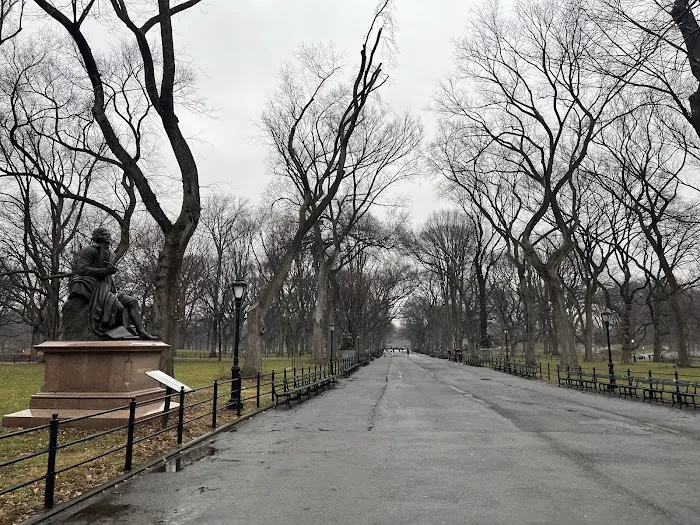
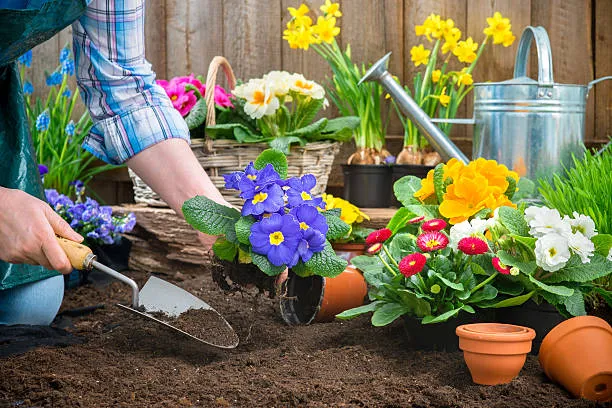
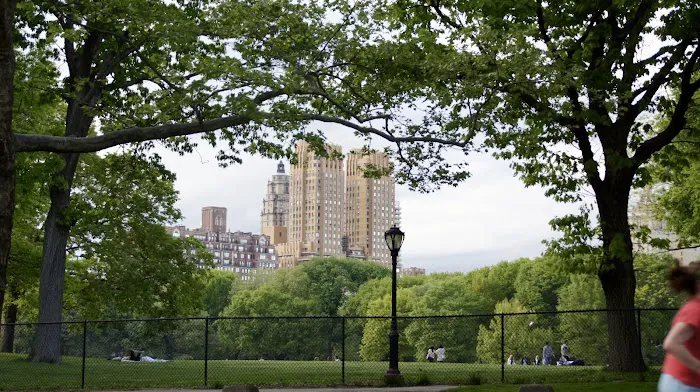
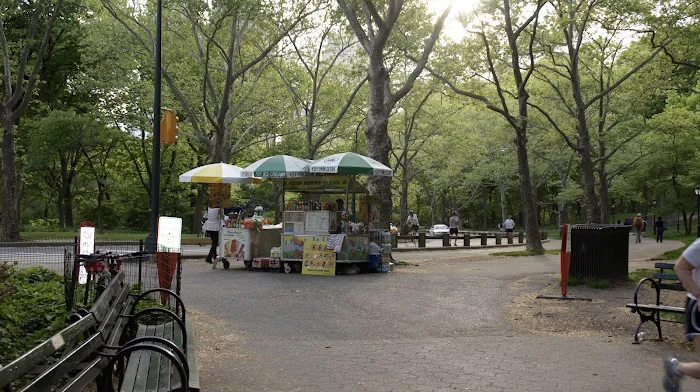
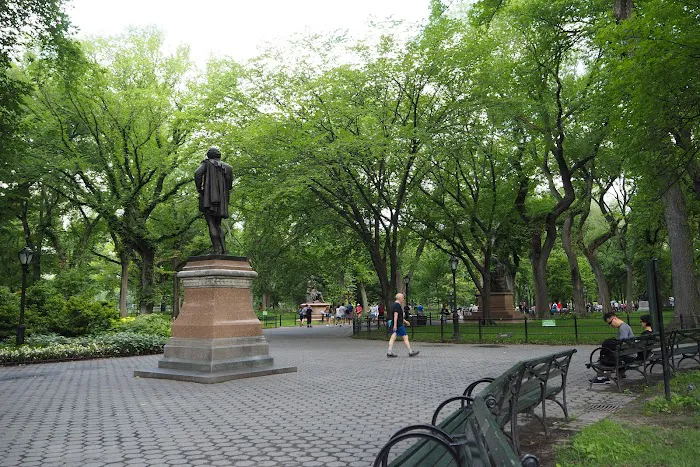
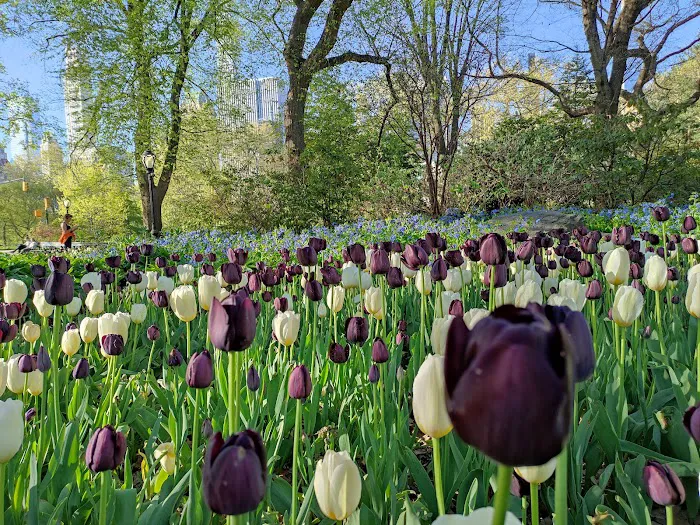
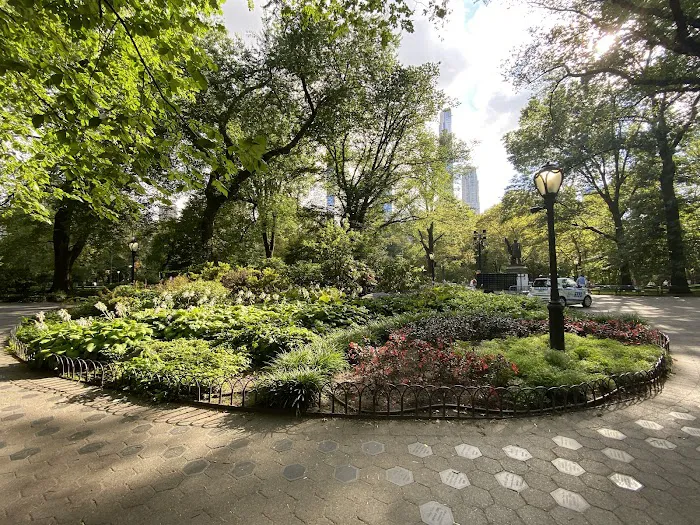
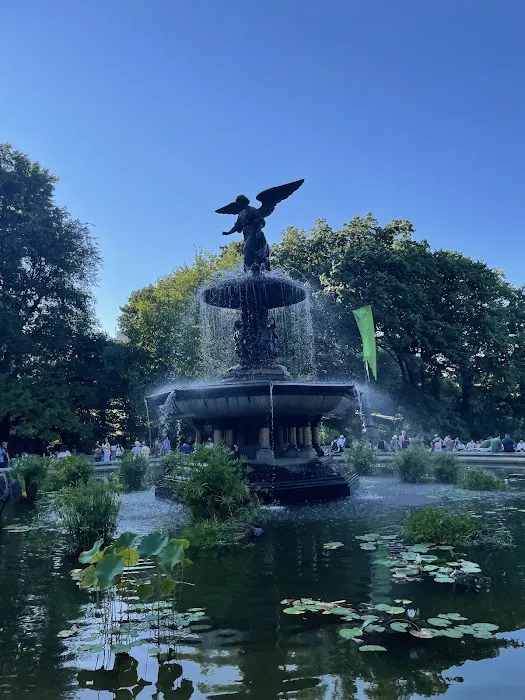
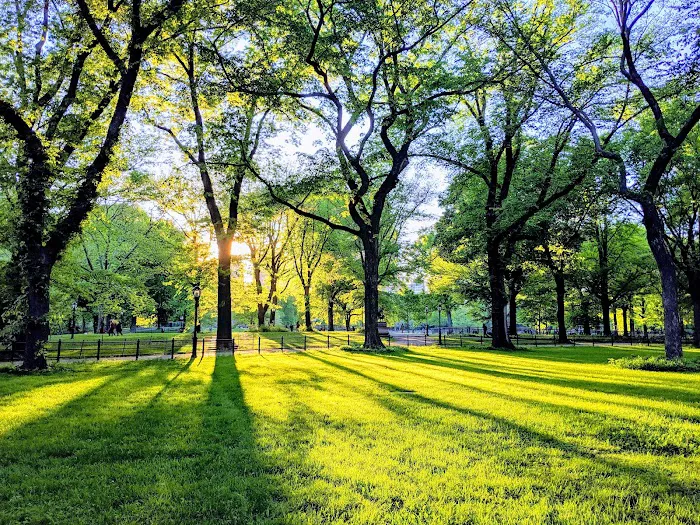
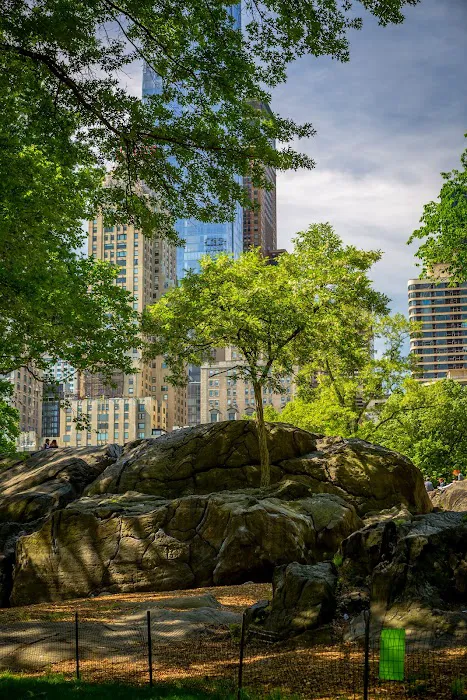
Olmsted Flower Bed Location
Olmsted Flower Bed
Center Dr. &, East Dr, New York, NY 10019, USA
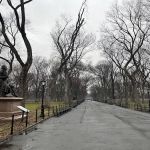 Olmsted Flower Bed
Olmsted Flower BedCenter Dr. &
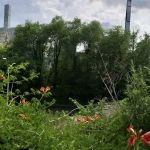 A Native Meadow
A Native MeadowNew York
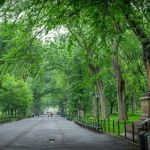 The statues of The Mall
The statues of The MallThe Mall
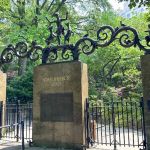 Tisch Children's Zoo
Tisch Children's ZooE 65th St
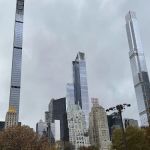 830 5th Ave
830 5th Ave830 5th Ave
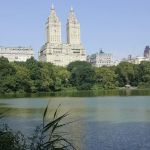 830 5th Ave
830 5th Ave830 5th Ave
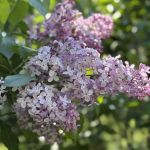 Nell Singer Lilac Walk
Nell Singer Lilac WalkNell Singer Lilac Walk
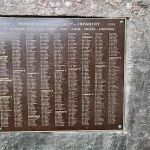 307th Infantry Regiment Memorial Grove
307th Infantry Regiment Memorial GroveWest of the East Drive between E 69th St and
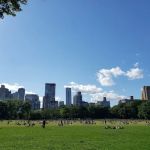 Sheep Meadow
Sheep Meadow1802 65th Street Transverse
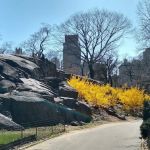 Lounging Rock
Lounging RockNew York
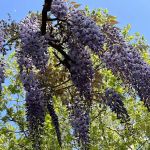 Wisteria Pergola At The Mall
Wisteria Pergola At The MallTerrace Dr
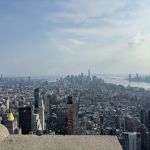 Frisbee Hill
Frisbee Hill40 E 73rd St
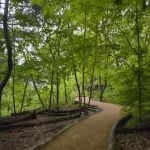 Hallett Nature Sanctuary
Hallett Nature Sanctuary6th Avenue &
Olmsted Flower Bed Reviews
Very nice flowers. Chipmunks are everywhere.
Feb 22, 2017 · Vladimir MakoWent in winter and was not disappointed. Good for some light outdoor activities
Aug 02, 2017 · Aimran YahayaLocated at the South End of "The Mall" Path, this is a beautiful circle full of plants that are full of vibrant plants.
Aug 07, 2016 · Sebastian Sinisterra (CitySeby)Wonderful in spring late April in the peak fir spring flowers
Apr 26, 2020 · J RalphNice flowers, especially in spring!
Jan 16, 2016 · Leon K.
More Scenic Spot
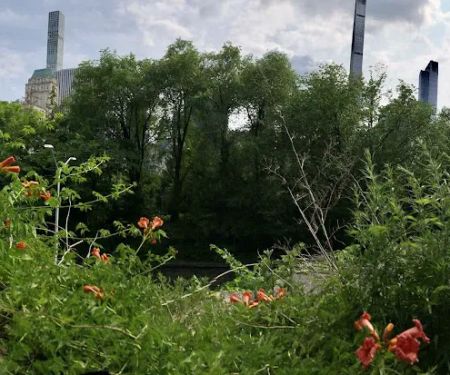 A Native Meadow4.0 (20 reviews)
A Native Meadow4.0 (20 reviews)New York, NY 10065, USA
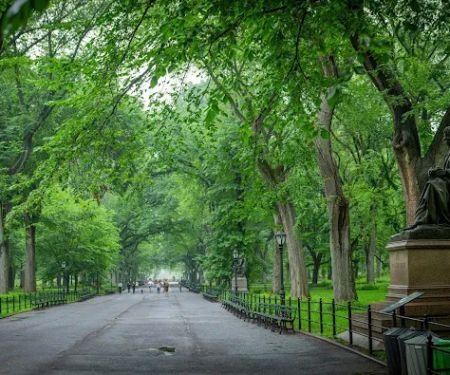 The statues of The Mall4.0 (44 reviews)
The statues of The Mall4.0 (44 reviews)The Mall, New York, NY 10019, USA
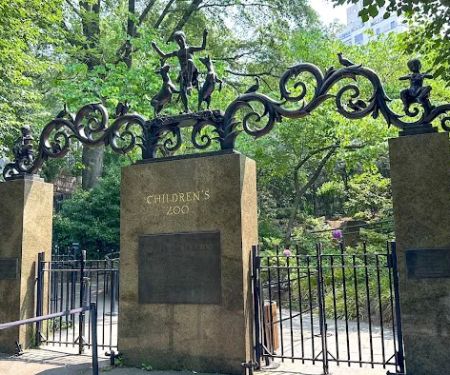 Tisch Children's Zoo0.0 (0 reviews)
Tisch Children's Zoo0.0 (0 reviews)E 65th St, New York, NY 10065, USA
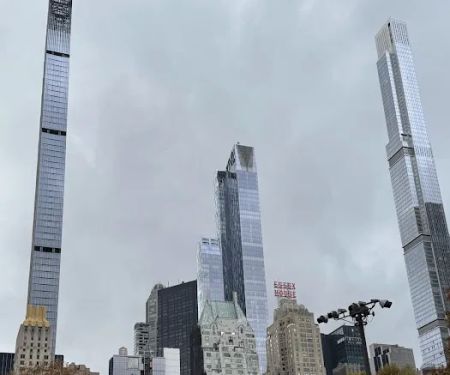 830 5th Ave0.0 (0 reviews)
830 5th Ave0.0 (0 reviews)830 5th Ave, New York, NY 10065, USA
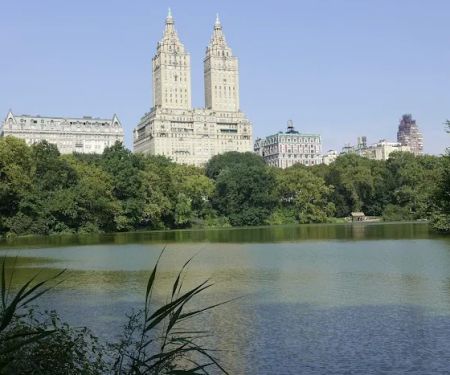 830 5th Ave0.0 (0 reviews)
830 5th Ave0.0 (0 reviews)830 5th Ave, New York, NY 10065, USA
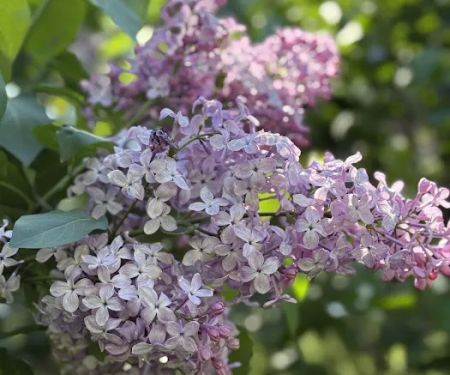 Nell Singer Lilac Walk5.0 (8 reviews)
Nell Singer Lilac Walk5.0 (8 reviews)Nell Singer Lilac Walk, New York, NY 10019, USA
 307th Infantry Regiment Memorial Grove4.0 (8 reviews)
307th Infantry Regiment Memorial Grove4.0 (8 reviews)West of the East Drive between E 69th St and, E 70th St, New York, NY 10019, USA
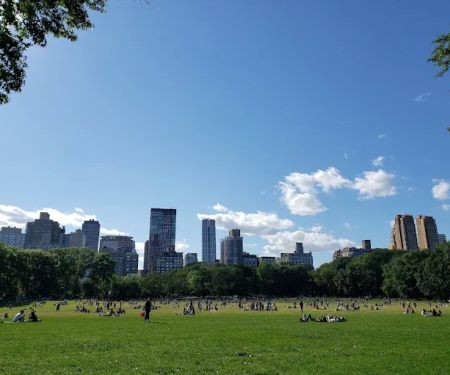 Sheep Meadow4.0 (3632 reviews)
Sheep Meadow4.0 (3632 reviews)1802 65th Street Transverse, 1802 E 65th St, New York, NY 10065, USA
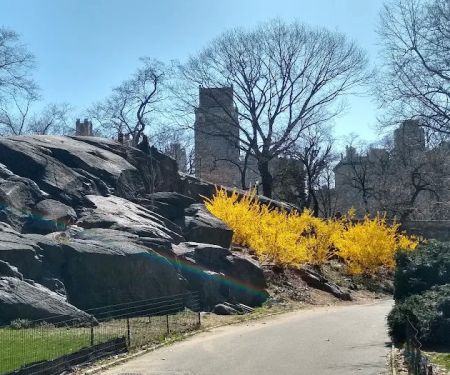 Lounging Rock4.0 (20 reviews)
Lounging Rock4.0 (20 reviews)New York, NY 10019, USA
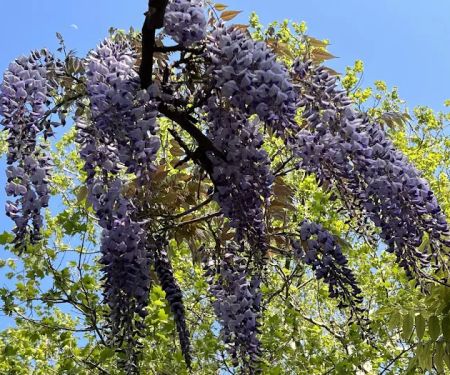 Wisteria Pergola At The Mall4.0 (11 reviews)
Wisteria Pergola At The Mall4.0 (11 reviews)Terrace Dr, W 72nd St Near, New York, NY 10019, USA
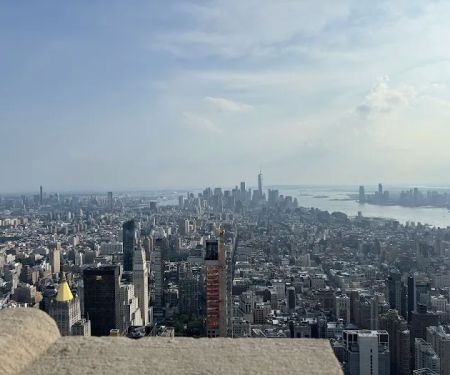 Frisbee Hill4.0 (60 reviews)
Frisbee Hill4.0 (60 reviews)40 E 73rd St, New York, NY 10019, USA
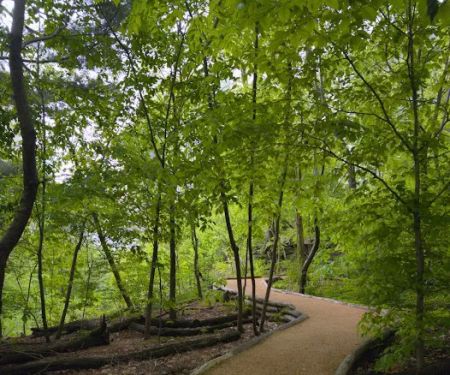 Hallett Nature Sanctuary4.0 (246 reviews)
Hallett Nature Sanctuary4.0 (246 reviews)6th Avenue &, Central Park S, New York, NY 10019, USA
Categories
Popular Camping Sites
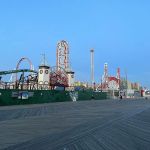 Coney Island Boardwalk Garden4.0 (75 reviews)
Coney Island Boardwalk Garden4.0 (75 reviews)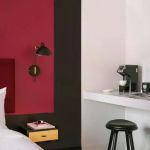 The William Hotel Midtown, Sonder4.0 (555 reviews)
The William Hotel Midtown, Sonder4.0 (555 reviews)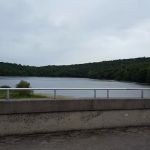 Shepard Lake Recreation Area0.0 (0 reviews)
Shepard Lake Recreation Area0.0 (0 reviews)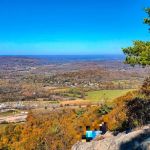 Stairway To Heaven4.0 (185 reviews)
Stairway To Heaven4.0 (185 reviews)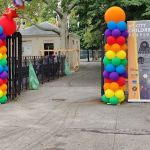 Howard Bennett Playground4.0 (152 reviews)
Howard Bennett Playground4.0 (152 reviews) Isle of Meadows4.0 (10 reviews)
Isle of Meadows4.0 (10 reviews)Trending Camping Blog Posts
 Top Group Travel Destinations in Europe: Best Places for Group Vacations
Top Group Travel Destinations in Europe: Best Places for Group Vacations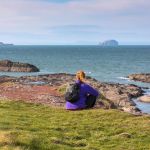 How to Get Involved in Travel Clans for Social Travel: Explore Group Travel Opportunities
How to Get Involved in Travel Clans for Social Travel: Explore Group Travel Opportunities Best Travel Clans for Sustainable Travel
Best Travel Clans for Sustainable Travel Best Group Vacation Destinations for Friends: Ultimate Travel Ideas
Best Group Vacation Destinations for Friends: Ultimate Travel Ideas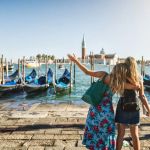 Travel Clans for Solo Travelers Looking for Company: Join Unique Travel Communities
Travel Clans for Solo Travelers Looking for Company: Join Unique Travel Communities Best Travel Clans for Women Traveling Together
Best Travel Clans for Women Traveling Together 
